Introduction
From the earliest stages of education, fostering a sense of curiosity and a passion for discovery in students is crucial. The SABIS® Science curriculum is designed to ignite this curiosity and build a strong foundation in scientific knowledge and inquiry. Our goal is to equip students with the understanding, skills, and critical thinking abilities necessary to explore and appreciate the world of science.
The SABIS® Science curriculum spans from Kindergarten through Grade 12, covering a broad spectrum of scientific disciplines including biology, chemistry, physics, geology, astronomy, and technology. Each stage of the curriculum is meticulously crafted to align with national and international educational standards, ensuring that students receive a comprehensive and rigorous science education.
Books of the Science Curriculum
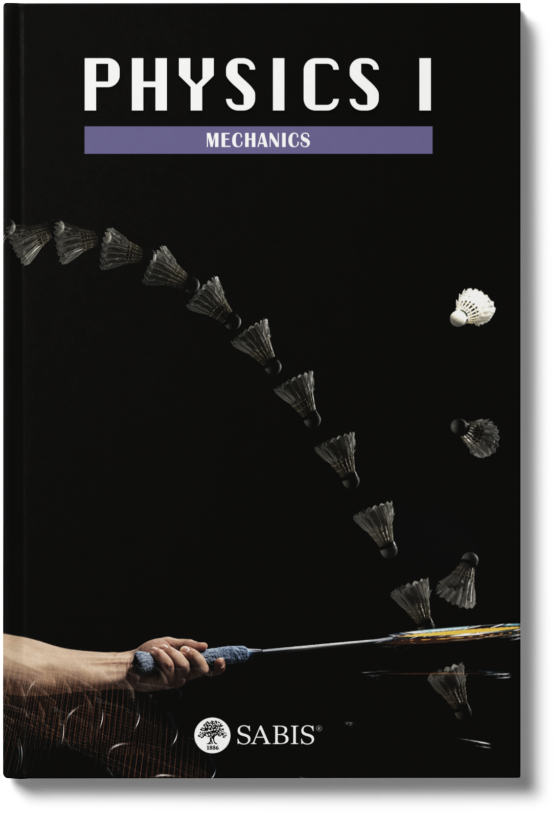 Science Mechanics
Science Mechanics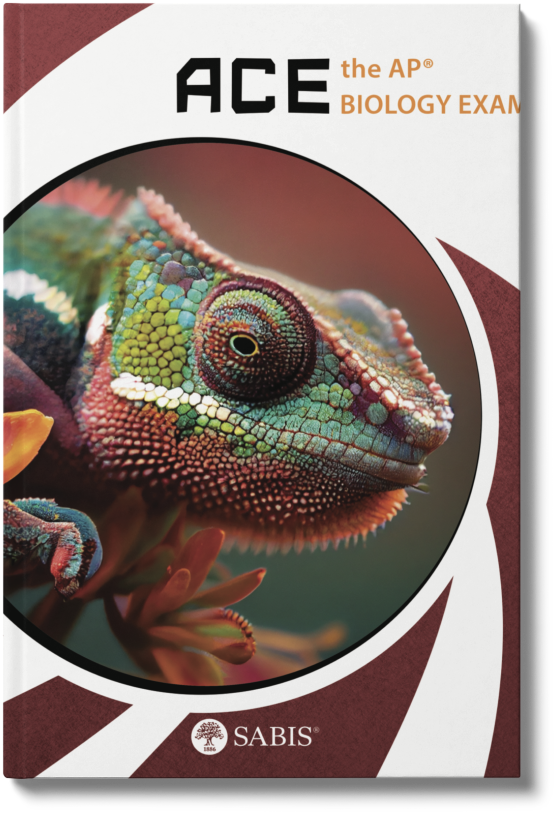 Science ACE the AP
Science ACE the AP
Biology Exam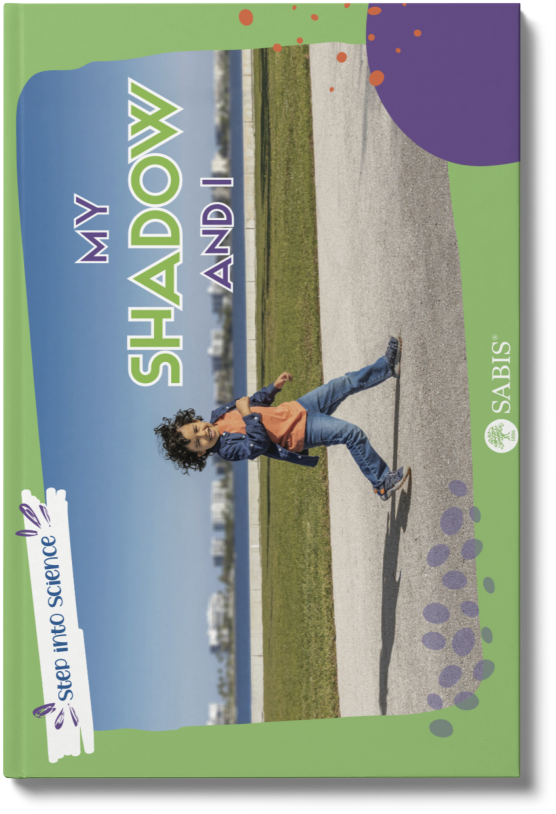 Science Step into Science
Science Step into Science
- My Shadow and I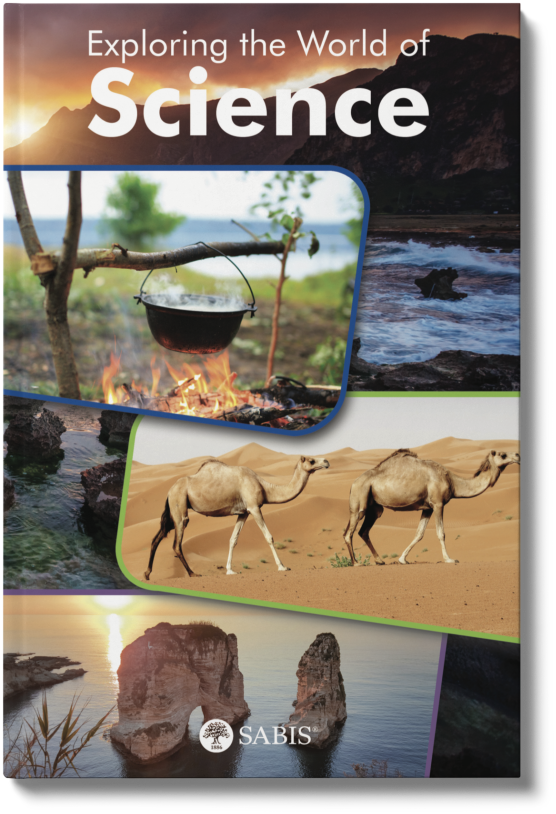 Science Exploring the
Science Exploring the
World of Science
Level G - Textbook
(International
Edition)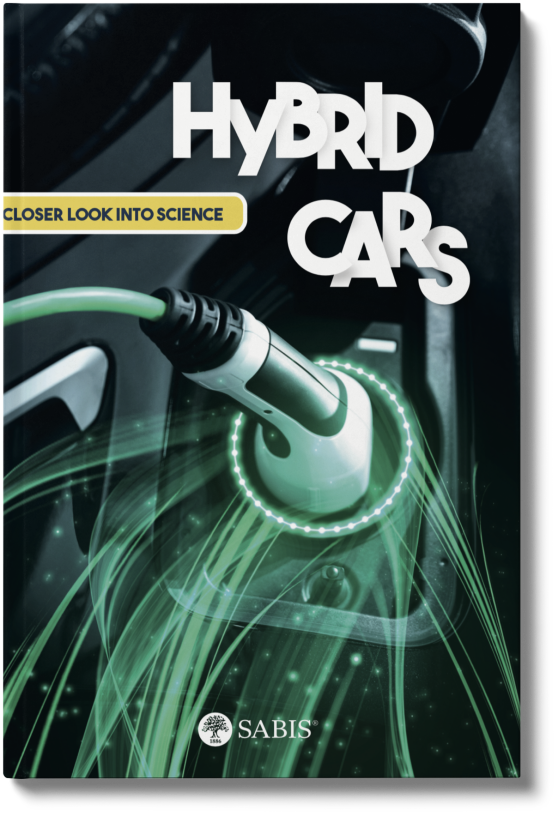 Science A Closer Look into
Science A Closer Look into
Science - Hybrid
Cars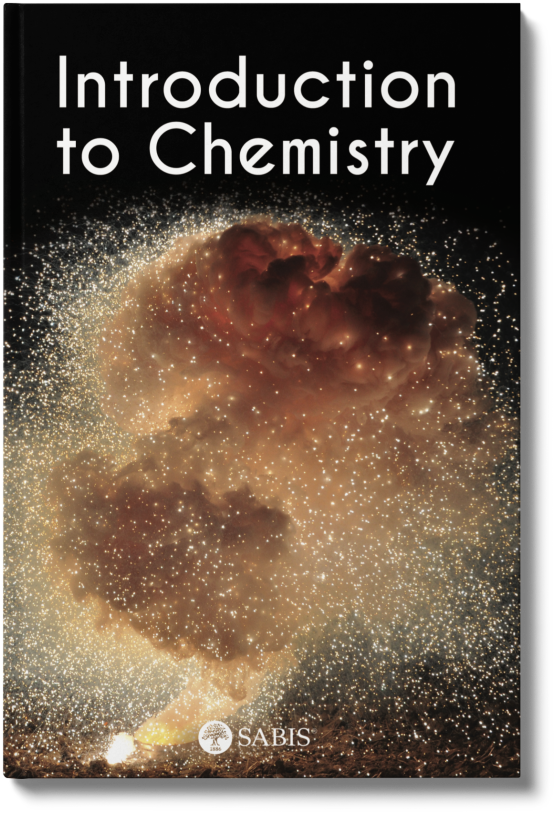 Science Introduction to
Science Introduction to
Chemistry Science Human Body
Science Human Body Elements of the Science Curriculum
Lower School (KG-Grade 5)
SABIS® Science is a comprehensive curriculum which includes Exploring the World of Science textbook series, in addition to a range of ancillary materials designed to enrich student learning and instill in them the desire for scientific inquiry, while teaching them the required process skills. The science curriculum package meets the National Science Education Standards, the established guidelines for science education in the United States.
The curriculum modules explore the current state of scientific knowledge across six major disciplines namely biology, chemistry, physics, geology, astronomy, and technology.
Middle School (Grades 6-8)
The SABIS® teaching method is at the core of the program's design. Each module focuses on a scientific topic and is complemented with features that engage students in the continuous learning process. Students explore the basics of scientific knowledge, refine their critical-thinking skills, and appreciate the purpose of scientific research. The middle school science program builds on the skills that students have acquired so far, creating a bridge between the primary and high school curricula. This program was designed using a modular approach to provide a comprehensive coverage of US state standards for science.
High School (Grades 9-12)
SABIS® High School curriculum includes comprehensive textbooks that teach essential principles, while promoting scientific inquiry and critical reasoning. The books contents are aligned with international educational standards. The units in the books follow a progressive structure designed to present scientific information in a clear, concise, and engaging manner. To ensure that students are methodically applying the taught concepts and deepening their knowledge, practice questions with ranging levels of complexity are included in every chapter. Moreover, students are prompted to develop and hone their scientific process skills through carefully designed activities.
Biology Curriculum Overview (Grades 9-12)
The Biology program offers an integrated approach to life sciences. It covers the fundamental principles of cell biology, molecular biology, genetics, plant anatomy, human anatomy, evolution, diversity, classification, and ecology. Laboratory activities included in the different levels of the course help improve students' methodological and reasoning competencies. The biology textbooks, along with their complementary Concepts and Sample Questions books, prepare students for SAT® and AP® exams.
Chemistry Curriculum Overview (Grades 10-12)
The Chemistry series tackles the basic notions of chemistry, such as atomic theory and structure, chemical reactions and their rates, the gas phase, the condensed phases of matter, the periodic table, and the energy effect. Students also study chemical equilibrium, solubility equilibrium, aqueous acids and bases, electrochemistry, quantum numbers, hybridization of orbitals, and organic chemistry. All chemistry textbooks are complemented with Concepts and Sample Questions books to ensure thorough drilling. The curriculum fosters the knowledge as well as analytical skills to prepare students for international examinations.
Physics Curriculum Overview (Grades 10-12)
The Physics program includes qualitative and quantitative applications on a wide spectrum of topics, including mechanics, atomic and nuclear physics, electricity, magnetism, optics, and waves. The books are written in conjuction with the SABIS® philosophy of teaching. They link theory to practical applications and help students develop analytical and problem-solving skills while preparing them for international examinations. A special effort has been made to produce easy-to-use textbooks containing activities, real-life examples, and exercises of various difficulty levels. In addition, the books are backed by laboratory manuals and books with Concepts and Sample Questions.
The Physics series provides the knowledge and develops the analytical and reasoning skills needed to prepare students for international examinations.






